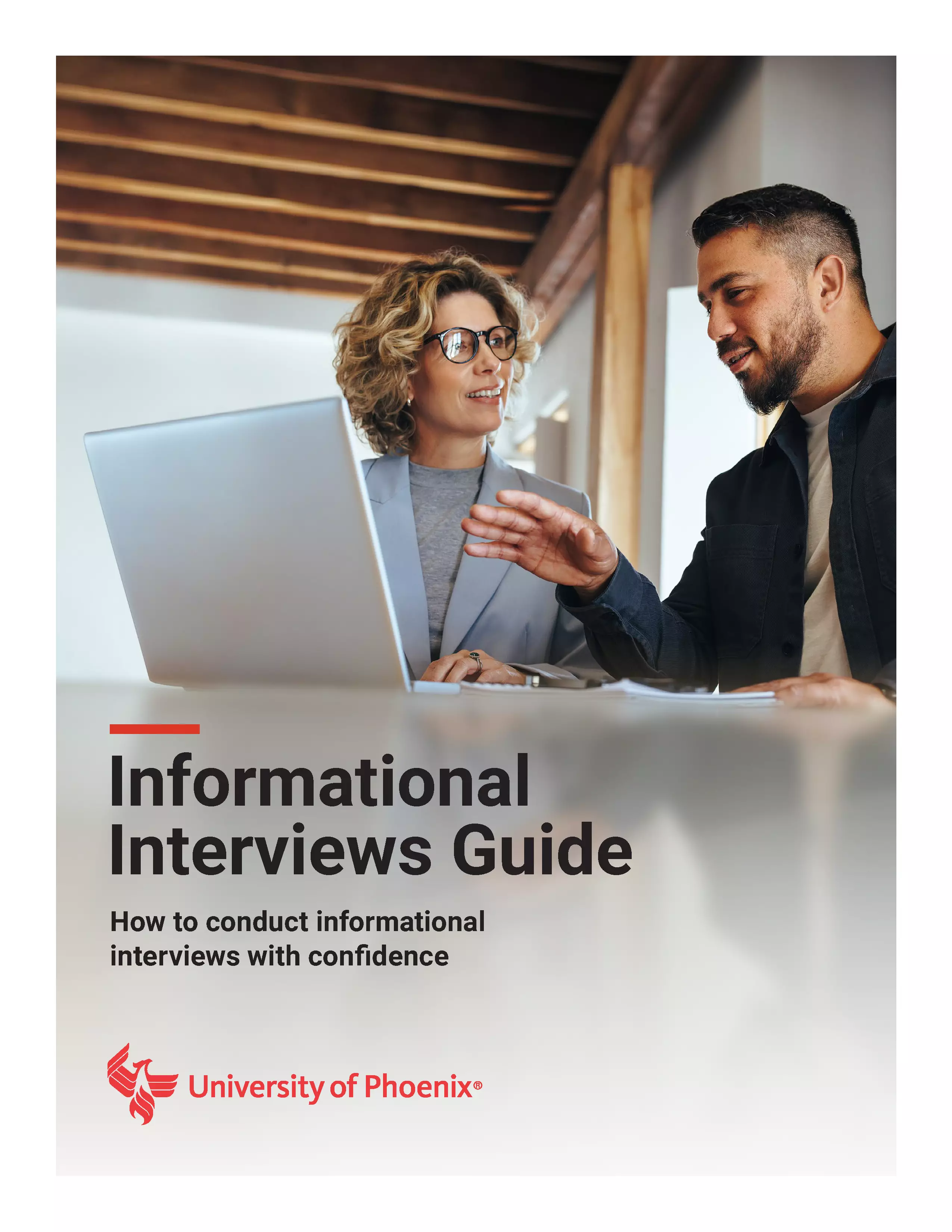The job search: Understanding reactive vs. proactive approaches

By Laci Baker, CPRW, CCMC, NCOPE, SII

Reviewed by Jessica Roper, MBA, director of Career Services at University of Phoenix

Everyone knows you have to get in the right mindset to look for a job. But did you know that involves more than sprucing up your resumé and checking the right job boards?
As a career advisor at University of Phoenix, I work with students and graduates to help them present their skills as marketable assets. And one of the biggest lessons I’ve learned along the way has to do with the proactive vs. reactive approach to looking for a job.
What’s reactive job searching?
When someone is reactive, it means they’re responding to a situation as it occurs, rather than having a preplanned course of action in place.
In the context of a job search, being reactive means you start looking for a job only when you have to. (Maybe you’ve been laid off. Maybe you’re burned out. Maybe your company is going through a reorganization, and you don’t like your new role.)
The reactive approach is common, but it also limits opportunities for reflection and long-term career planning. And in my experience, it can also trap job seekers in a cycle of frustration.
Not sure what I mean? Here’s a common example I see: Alex feels unhappy in his current job, and he becomes burned out and focused on the negatives of his job. He quickly applies for new jobs without understanding the underlying disconnect.
This is the important part. Why does Alex (or might you) hate your job? Is it the management style? The work–life balance? Only when you understand the reason or reasons can you make a meaningful change in your career.
In Alex’s case, if he doesn’t reflect on the why and accepts the first offer he receives, he’ll likely soon find himself unhappy again, this time in a new job but restarting the same cycle.
What’s proactive job searching?
Proactive job searching is the opposite. Instead of waiting for circumstance to determine your career move, you take control by reflecting on what you want to do now and where you want to go. It means frequently checking in with yourself to make sure that you are still learning in your job, working toward your goals and experiencing job satisfaction.
Here’s what that might look like: Ben notices he is dissatisfied at work, so he documents his issues and identifies both what he enjoys and what he wants to focus on less. He explores job opportunities aligned with his interests, discusses feeling dissatisfied and stuck with his supervisor, and utilizes professional development options through his employer.
After upskilling and talking with professionals who do what he’s interested in, Ben is ready to begin his proactive job search. He updates his resumé and LinkedIn® profile with his new skill set, aligning both with his new career target. Ben then applies for both external and internal positions that match his needs and interests, and he confidently shares with potential employers why he’s looking to change careers.
It’s good to note here that it’s common for people to not enjoy every aspect of their job all the time. Ideally, the positive aspects should outweigh the negatives most of the time. If they don’t, then it could be helpful to reflect on why.
Learn about informational interviews by downloading our guide.
Why is it better to be proactive?
Being proactive in job searching offers a number of advantages over a reactive approach. First, it allows for reflection and consideration of your career goals. By clearly understanding your needs and wants, you can apply for jobs intentionally and hopefully experience more job satisfaction and alignment as a result.
Second, being prepared before you reach a level of desperation about leaving enables you to create options for yourself.
Ultimately, being proactive can enhance your flexibility and readiness for whatever may happen next in your career — and that equals less job-search stress in the long run.
How to be proactive
When it comes to job searches, you get back what you put in.
Say that Jane applies to 400 jobs over five months with the same resumé she’s used for four years. The only difference is she took 15 minutes to add her latest job to it and copied over tasks from her current job description. Her goal is to leave her job, but she hasn’t taken time to consider her preferences for her next job, so she’s applying to everything.
Only five of her applications received responses, with one being a scam and the others being below her expectations. None of the jobs interest Jane or meet her needs, and the length of the search has left her discouraged.
Had she been proactive with a targeted job search and tailored resumés, her results could’ve likely been different.
Tips to be more proactive in your job search
- Be intentional: Identify your needs and wants and what kind of role aligns most with them. Seek out ways to upskill for your desired role.
- Track your successes: Keep track of your wins and update your resumé with your achievements, even if you’re not actively job searching. Set monthly reminders to review and update your resumé.
- Reflect: Assess your job and how it aligns with your current and future goals to stay focused on your success.
- Seek out opportunities: Be active in your search rather than waiting for opportunities to come to you. This could mean telling your boss you need a change, scheduling chats with mentors or people who hold the kinds of jobs you want, upskilling, understanding your short-term and long-term goals, and applying to roles that meet your needs.
- Don’t take “not now” as a rejection: This isn’t the same thing as “no.” Stay open to future opportunities with employers of interest by maintaining that connection and expressing your ongoing interest.
- Network: Let your network know what job you’re looking for.
Explore career resources at University of Phoenix
Don’t embark on your career journey alone! University of Phoenix equips its students and graduates with the following resources to help them on their professional paths.
- Career Services for Life® commitment: Available to UOPX students and graduates, this offering comprises complimentary career coaching, including guidance on how to build a personal brand and write a resumé.
- Free career resources: Browse a range of downloadable guides and templates to help you optimize your LinkedIn profile, get ready for a job interview and write a resumé and cover letter.
- Career With Confidence® newsletter: Get career insights every week via UOPX’s LinkedIn newsletter.
LinkedIn is a registered trademark of LinkedIn Corporation and its affiliates in the United States and/or other countries.
Read more articles like this:

ABOUT THE AUTHOR
Laci Baker is a Certified Career Management Coach, Certified Professional Resumé Writer, Nationally Certified Online Profile Expert and Certified Strong Interest Inventory Practitioner. She is also a career advisor at University of Phoenix and is passionate about giving professionals the skills they need to be successful during their job search and careers.
This article has been vetted by University of Phoenix's editorial advisory committee.
Read more about our editorial process.



